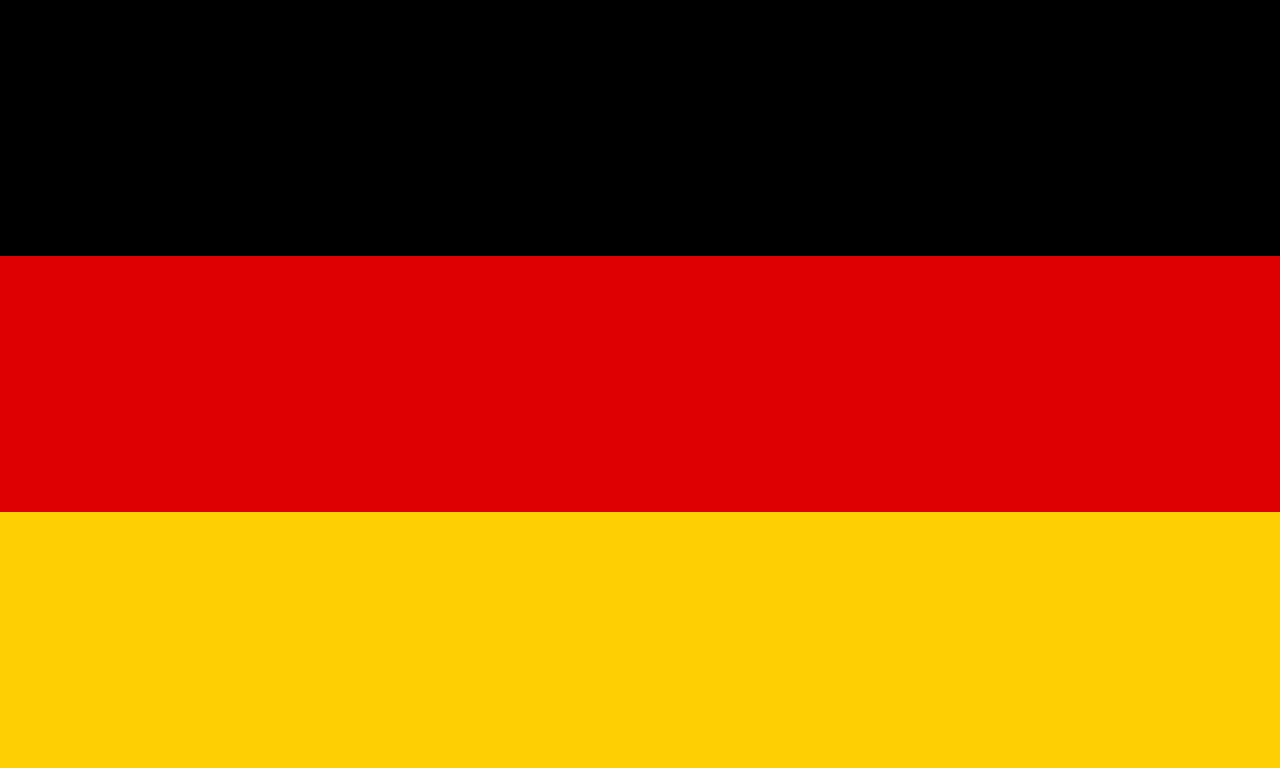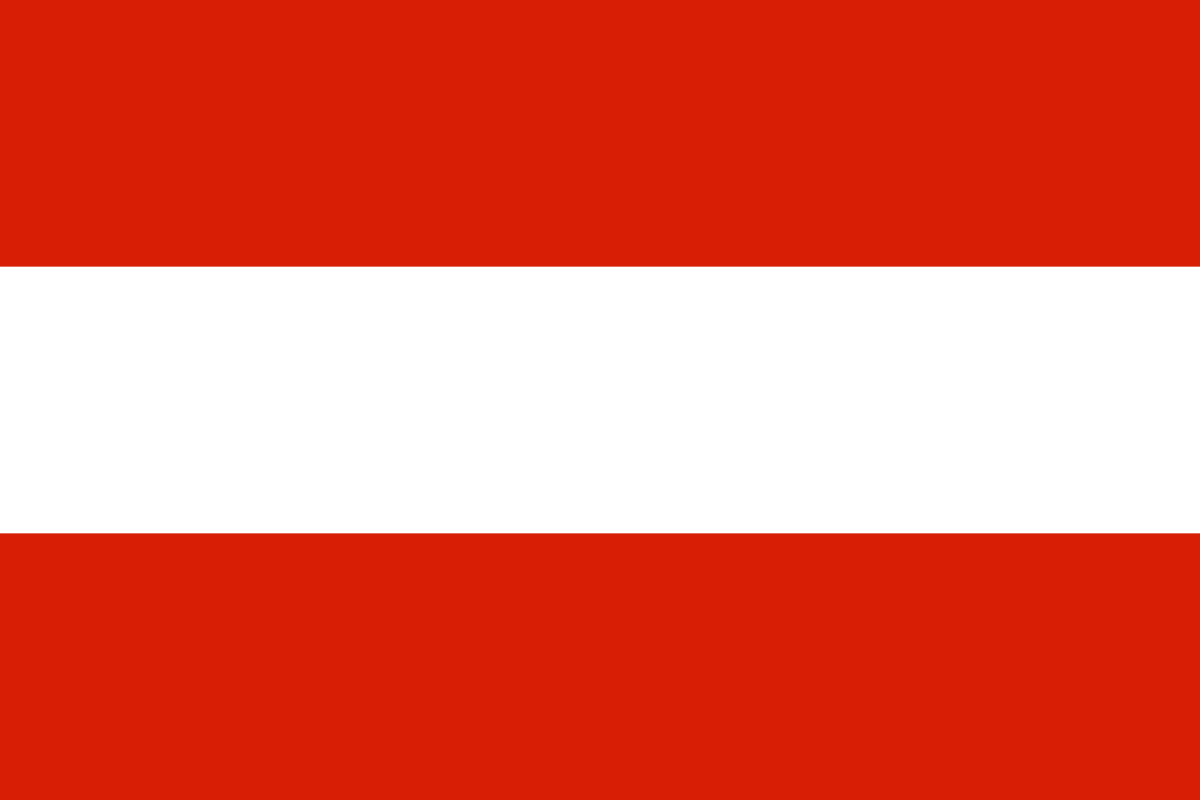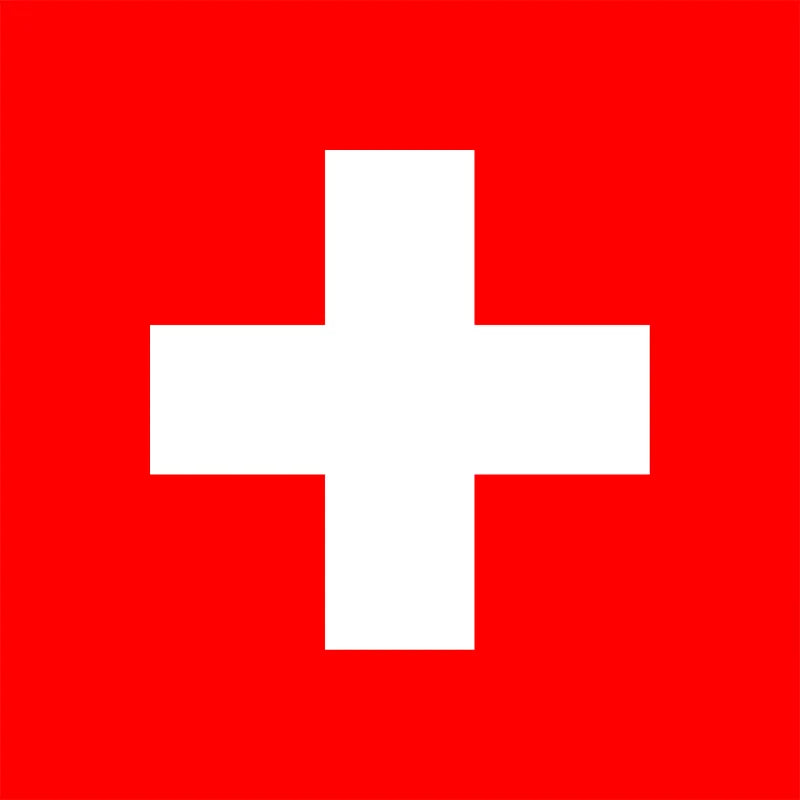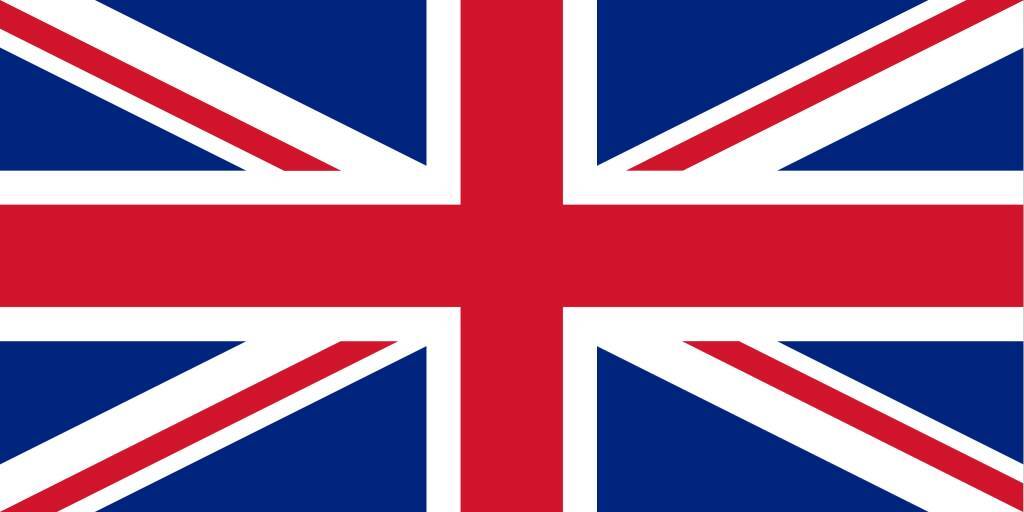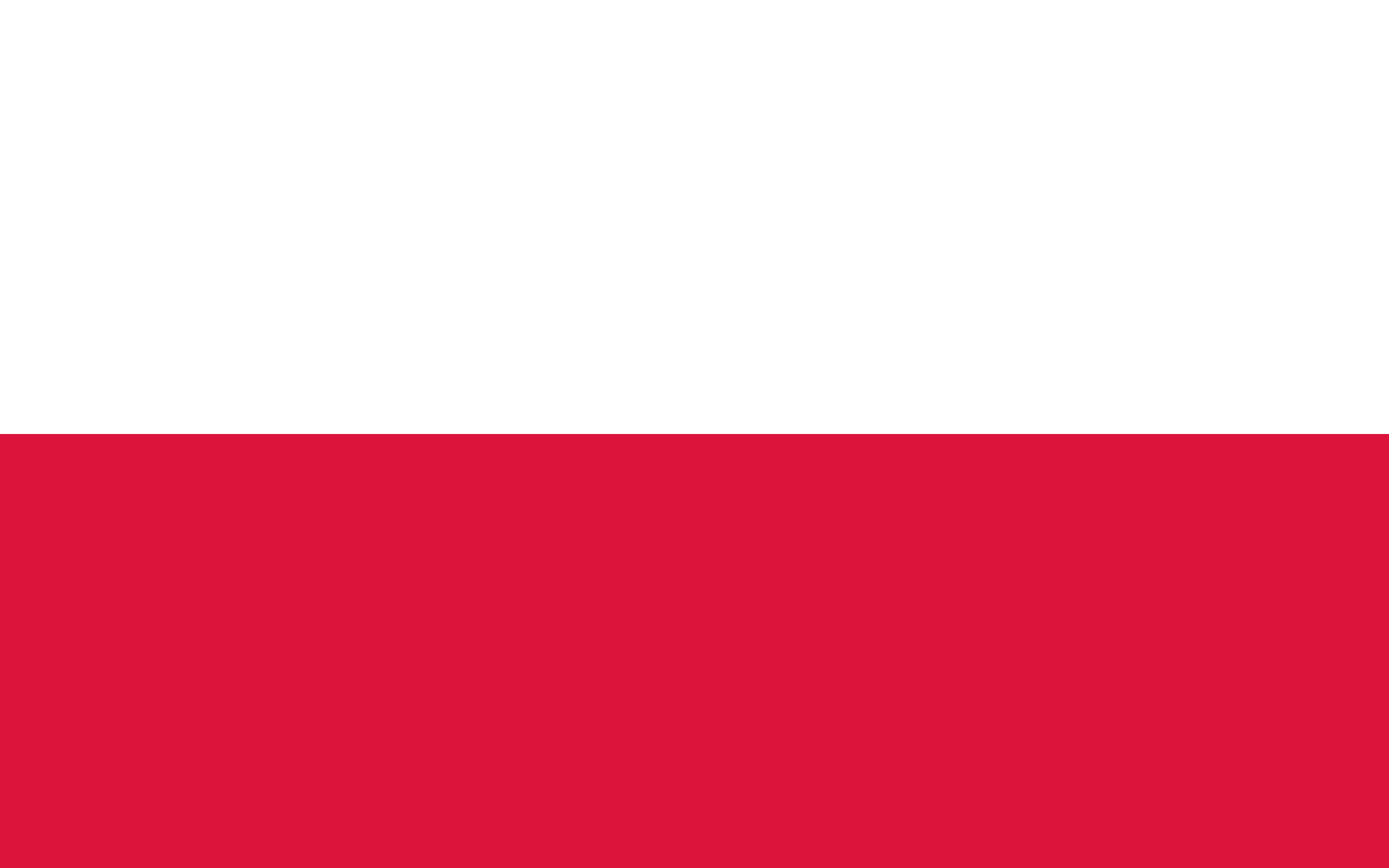BREAST FEEDING OR BOTTLE FEEDING?
Baby feeding still seems to be quite a “taboo” topic across the globe, although we are already in 2023 - but let’s get into it.
Breastfeeding vs Bottle Feeding seems to still be one of those conversations that comes across as offensive or hard to talk about. Let’s normalise the beauty of “fed is best”.
Becoming a new mom is overwhelming enough as it is, we do not need to put additional pressure or judgement on ourselves. Do what’s best for you and your baby - each and every journey is different!
If you choose to exclusively breastfeed, bottle feed, combination feed - you are enough!
If you don’t have a choice - you are enough!
We do not always have control over our milk supply or our bodies - especially during stressful and tiring times so instead of telling you how to do it - we want to remind you that the most important thing of all is that you and your baby are healthy and full. Whatever decision you make, does not make you any less of an incredible mother!
Below are a few tips on how to take care of yourself and make the most of your feeding journey if you would love to breastfeed your little one - we wish you an incredible journey:
- Get help early: Seek support from a lactation consultant or other breastfeeding professional as soon as possible after giving birth, even if everything seems to be going well. They can help you with positioning, latching, and any other issues you may encounter.
- Find a comfortable position: Experiment with different positions until you find one that's comfortable for you and your baby. Some popular breastfeeding positions include the cradle hold, football hold, and side-lying position.
- Nurse frequently: Newborns need to eat frequently, so plan on nursing at least every two to three hours, or whenever your baby shows signs of hunger, such as rooting or sucking on their hands.
- Ensure proper latch: Make sure your baby is latching on properly by opening their mouth wide and ensuring that their lips are flanged outward. This can help prevent sore nipples and ensure that your baby is getting enough milk.
- Stay hydrated: Drink plenty of fluids to keep up your milk supply. Aim for at least eight glasses of water a day, and consider having a glass of water nearby during each nursing session.
- Take care of yourself: Breastfeeding can be demanding, so it's important to take care of yourself. Get plenty of rest, eat a balanced diet, and try to manage stress as much as possible.
- Consider a breastfeeding pillow: A nursing pillow can help support your baby during feedings, making it more comfortable for both of you.
- Watch for signs of hunger: Pay attention to your baby's hunger cues, such as rooting or sucking on their hands, and feed them promptly to avoid frustration and ensure they get enough milk.
- Pump if needed: If you need to be away from your baby for an extended period, consider pumping breast milk to maintain your milk supply and ensure that your baby has enough milk to eat.
- Don't be afraid to ask for help: Breastfeeding can be challenging, and it's okay to ask for help. Reach out to a lactation consultant, your doctor, or other breastfeeding support group if you're struggling or have any questions.
With love,
Bianca


